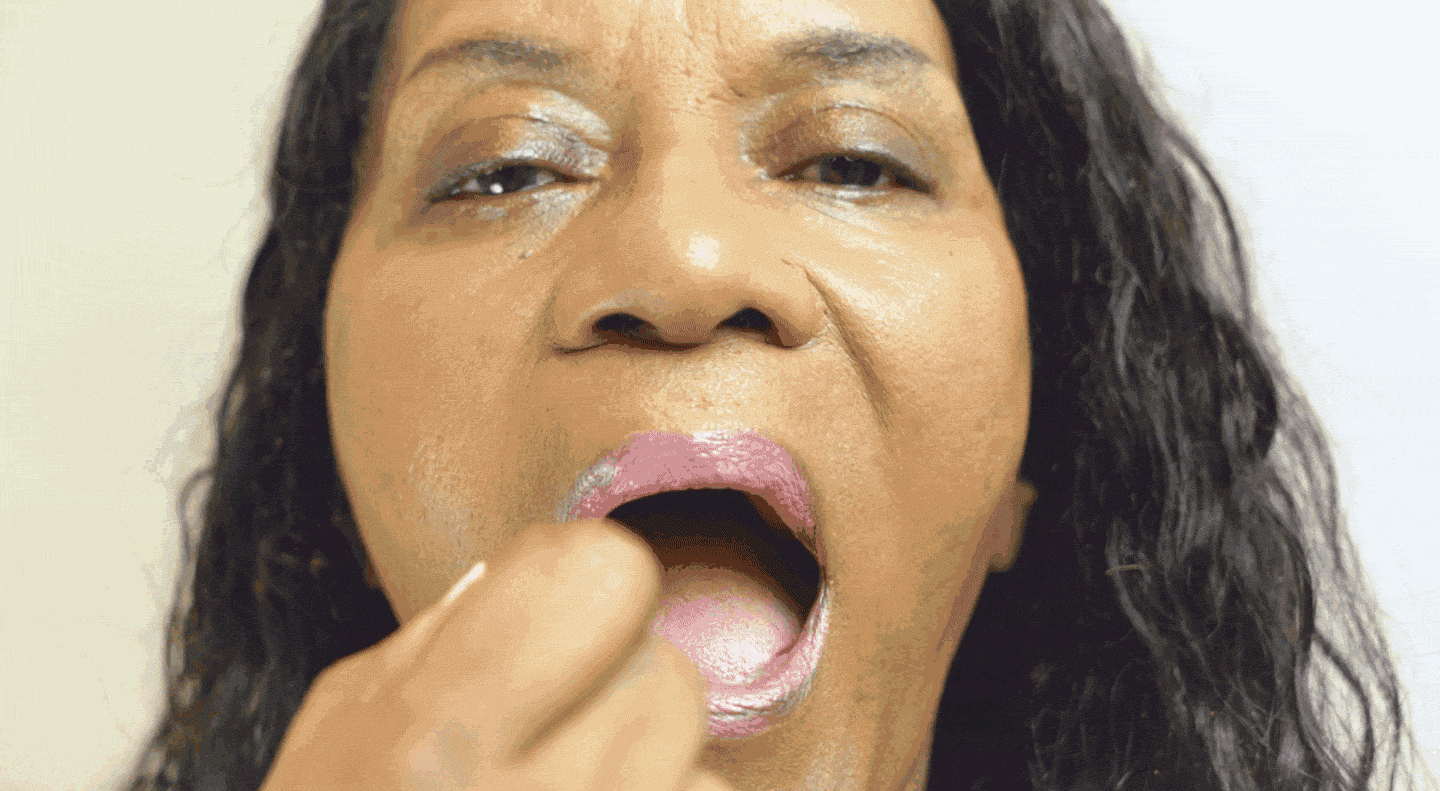War and Cinema: Week #3
Join us on e-flux Video & Film for an online screening of Forensic Architecture's The Battle of Ilovaisk (2018), the third installment of War and Cinema, on view from Wednesday, July 1 through Tuesday, July 7, 2020 and featuring an interview with Forensic Architecture member Nicholas Zembashi by Oleksiy Radynski.
War and Cinema is a six-part program of films, video works, and interviews put together by Radynski. It is the second program in Artist Cinemas, a long-term, online series of film programs curated by artists for e-flux Video & Film.
Artist Cinemas presents War and Cinema
Week #3: Wednesday, July 1—Tuesday, July 7, 2020
Forensic Architecture, The Battle of Ilovaisk: Verifying Russian Military Presence in Ukraine, 2018
8:57 minutes
Currently, there’s no shortage of cinematic engagements with machine learning. Quite a few of them focus on the subjugation of humans by intelligent machines, while others try to imagine ways for machines to create films with minimum (or no) participation of humans. Forensic Architecture’s The Battle of Ilovaisk goes against the grain of both of these tendencies.
For this project, a machine learning tool was developed to make sense of a vast mess of moving images and other pieces of information created by humans in the course of one of the most violent episodes in the recent history of Europe: the covert invasion of Eastern Ukraine by the Russian regular army in August 2014. The results returned by the machine were scrutinized by human researchers who examined evidence of war crimes committed by the Russian military on Ukraine’s territory, made apparent by cross-referencing the available data. The bias inherent within the mechanisms of machine learning were also examined.
This eight-minute video by Forensic Architecture selected for the War and Cinema program is a documentary piece that ventures both into the realms of science and politics (it’s part of the body of evidence submitted to the European Court of Human Rights in the form of an interactive platform). While the video is presented here as a self-sufficient piece of filmmaking, the viewer is also invited to explore Forensic Architecture’s Ilovaisk platform in-depth, on which the information collected and examined by machine and human researchers is placed on a time map and made available for interactive viewing.
Delving into FA’s Ilovaisk platform opens up a universe of primary sources that can be viewed as pieces of spontaneous filmmaking themselves. Anonymous videos of Russian military vehicles recorded by locals in Eastern Ukraine, filmed interrogations of captured Russian soldiers, and bits of footage created by war reporters are, primarily, of evidentiary value. However, for the attentive viewer they also reveal a great deal of psychological and social detail that prove them to be indispensable micro-historical documents of a proxy war that Russia is waging in Ukraine, and, by extension, elsewhere.
Excerpt from the interview with Forenisc Architecture member Nicholas Zembashi by Oleksiy Radynski:
Oleksiy Radynski:
What’s the watershed moment for open-source investigation in the case of the Ilovaisk platform?
Nicholas Zembashi:
We now have a media landscape that’s never existed before, and we’re inundated with information. There’s so much information that it’s easy to either get lost in it, or use it to manufacture doubt. This plays into the hands of people that want to challenge legitimacy. The watershed moment in this case—and in cases that follow—is that it opens a path in using tools like machine learning that try to automate part of a researcher’s job in sifting through the information that exists online and pinpointing things much faster. It would be impossible to have a realistic timeframe for going through thousands of hours of videos, even if you had a factory of people just mining the web for information. Now, machine learning can be appropriated as a tool, in the spirit of what we do as Forensic Architecture. That is, we use the tools that are already being used by state or corporate agents, and we question those tools. We pick them apart and try to use them in a counter-forensic manner, in a way that challenges their use by state or corporate agents. That was the reason we kickstarted this research with Ilovaisk. It was a project about an overabundance of information, and that was the challenge.
Watch the film and read the full interview here.
About the program
War and Cinema traces various cinematic engagements with the war raging in the Eastern margins of the European continent for over six years now—a war that was sparked by the military occupation of Crimea by the Russian military in Spring 2014, and that subsequently consumed large swaths of the Donbass region in Eastern Ukraine. The program does not represent the fruits of the alleged “boom” in Ukrainian filmmaking that was observed, predictably, with the outbreak of war. Rather, it looks at the margins of image production in wartime. This program also strives to enable conversations between the films that do not necessarily belong to the same cinematic worlds—even if their country of origin remains the same. War and Cinema will run for six weeks from June 17 through July 29, 2020, screening a new film each week accompanied by an interview with the filmmaker(s). Throughout the duration of the program, more information on the films, their makers, and contexts will be published on the program convener's telegram channel.
War and Cinema is convened by Oleksiy Radynski.
About the series
Artist Cinemas is a new e-flux platform focusing on exploring the moving image as understood by people who make film. It is informed by the vulnerability and enchantment of the artistic process—producing non-linear forms of knowledge and expertise that exist outside of academic or institutional frameworks. It will also acknowledge the circles of friendship and mutual inspiration that bind the artistic community. Over time this platform will trace new contours and produce different understandings of the moving image.
For more information, contact program@e-flux.com.









